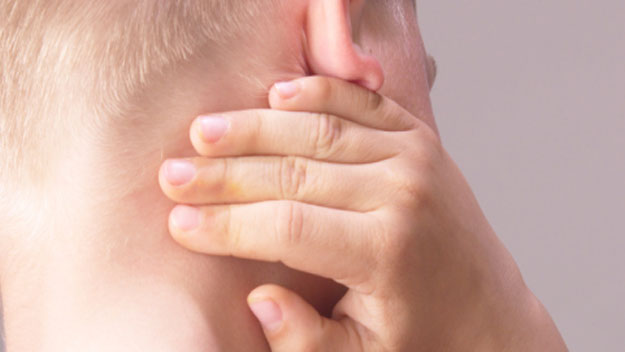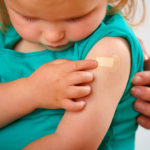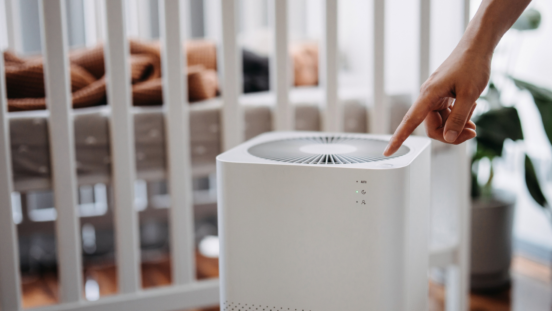All about impetigo

Impetigo often affects toddlers but it is easy to recognise and treat.
What is impetigo?
Impetigo is a bacterial skin infection that usually affects the face.
What causes impetigo?
It is caused by bacteria that live on the skin, entering the skin through a cut, graze, cold sore or even a patch of eczema. While it is rarely serious, it is highly contagious. Children spread it by touching the scabs and transferring the bacteria via their toys, clothes or towels.
How can I tell if my child has impetigo?
A small patch of impetigo near the mouth can be mistaken for a cold sore. Here's a guide to how the condition progresses.
- There are tiny blisters, particularly around his nose and mouth.
- The blisters burst easily, exposing a wet, weepy patch that oozes a cloudy yellow liquid which dries to a thick honey-coloured crust.
- Sometimes the blisters join up to form clusters.
- The affected area may spread at the edges, or a new patch may develop close by.
- In severe cases, his glands may swell and he may run a temperature.
How can it be treated?
Although it is not usually serious, impetigo should be treated quickly to prevent it spreading and making your child ill. An antibiotic cream is usually prescribed and, in more severe cases, a course of oral antibiotics may be given. Also:
-
Gently wash off any loose crusts with soap and water, then dab the area dry.
-
To prevent his skin from getting too dry, use emollient bath oils, available over the counter and on prescription.
-
Don't use talcum powder or bubble bath. Ask your GP to prescribe an emollient cream if your baby has eczema.
-
Keep his nail short so that he can't pick at the scabs. Cut your own fingernails short and wash your hands after treating your child.
-
Keep his towels, face-washers and bedding separate from the rest of the family's. Use a clean towel each time you dry him to keep the sores from spreading. Remember to pat rather than rub his skin dry.
Emergency checklist
Contact your GP if:
- His condition does not improve after three days of treatment
- He becomes ill and has a temperature (above 37.5C) contact your GP for advice.




